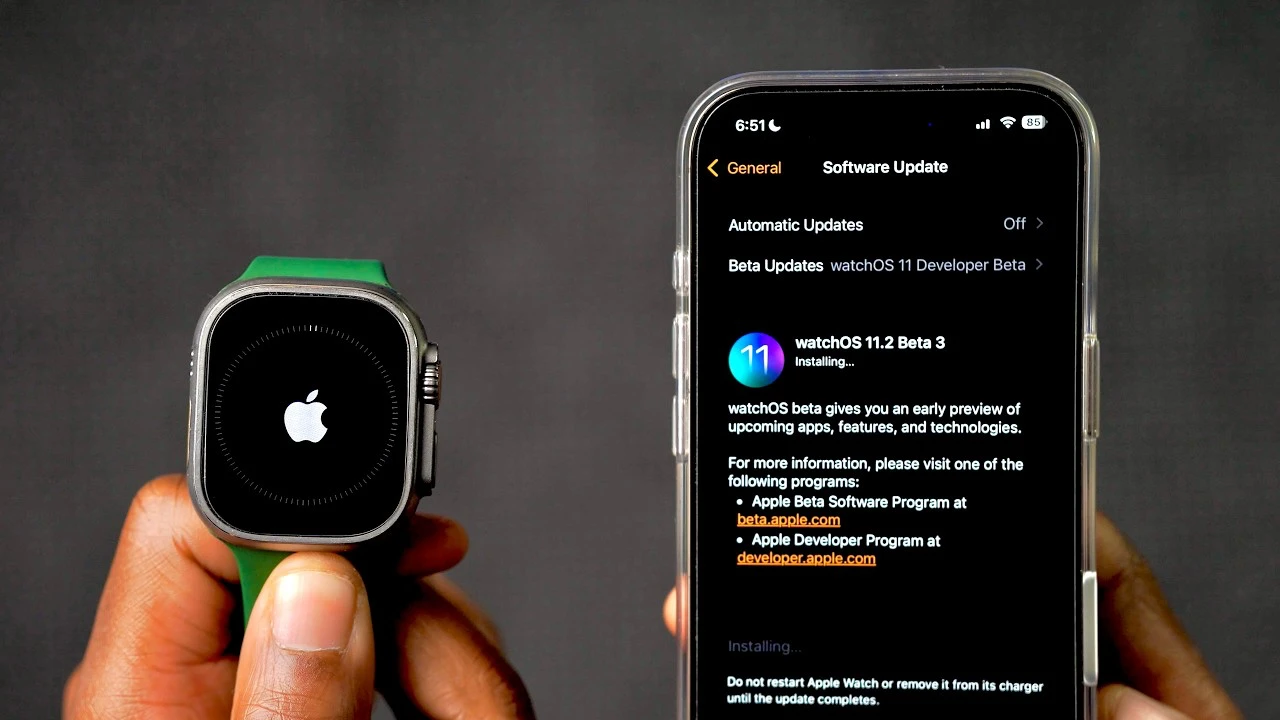
Explainer Briefly Slides For those who remember, at the core of the 2G scam issue was the administrative allocation of licenses and spectrum, as well as, allegedly, and the random shifting of cut-off dates so those who applied earlier got both licenses and spectrum. It’s a shame that the Department of Telecom wrote administrative allocation into the Telecommunications Act, 2023, because of the discretionary power it gives to the government, especially in the light of satellite communication or satcom services. The problem with administrative allocation of any kind, whether spectrum or licenses, is that it lacks transparency, and leaves room for discretion and corruption.
Auctions are ideal, spectrum allocation shouldn’t be a trade: The Supreme Court of India had rightly stated that allocation of spectrum, a scarce natural resource, must take place via auctions only. There is some sense to this. Auctions are the most efficient market-mechanism for determination pricing and the allocation of scarce resources.
We know there’s pressure on India to give Starlink the right to provide Internet access. India wants a Tesla factory, and Elon Musk wants market access for Starlink. The point is that this shouldn’t be a trade, and we shouldn’t allow this kind of give-and-take.
That is the exact problem with administrative allocation. It becomes a trade rather than a transparent process, and this is not the right way of managing public resources like spectrum. Concerns about auctions pushing up price are unwarranted: While there is legitimate fear that auctions might be a race to the bottom because the pressure of a land-grab of spectrum/licenses might lead to a high prices and market failure, bad decisions that telecom companies might take are not the responsibility of the Indian government.
Concerns regarding the cost of equipment and infrastructure for satellite internet access are not reason enough to avoid auctions: auctions in India have failed in the past when the pricing of spectrum made them unviable. The floor price of auctions must always be low, in order to encourage fair price determination. If an auction determines that licenses/spectrum will be allocated at a low cost or even no cost, so be it.
No differential pricing: Differential pricing, such as what Airtel has suggested, for rural and remote areas, government agencies, defence, disaster recovery, cellular backup in rural and remote areas, should not be encouraged. Internet connectivity is Internet connectivity and should be independent of use-case. If anything, there should be roll-out obligations imposed on telecom operators, related to rural areas, given that terrestrial Internet access struggles to provide Internet in rural areas, and there are shadow zones in hilly terrain.
Allocation of satellite spectrum must create opportunities: Where administrative discretion might come in, of course, is the eligibility criteria. We hear often about considerations related to “net worth”, “years of experience” etc in government contracts, end up being a deselection criteria, at times, allegedly, allowing only a select group to qualify. The Indian government has addressed some of these issues in contracts by enabling mechanisms for startups to also participate, and this is a welcome change.
The Indian space startup space is exciting, and opportunities given to them to participate in the provisioning of such services might help a few raise money to scale, while others might get an opportunity to exit. We need to create more opportunities in the space (pun intended). The Indian Internet Access space is dominated by two players right now, Reliance Jio and Bharti Airtel, and we need to enable more competition in the space.
The positive impact of the flawed allocation of licenses/spectrum in 2008 was that it allowed many new players to enter the Indian market. Norwegian telecom operator Telenor entered India with Uninor , Bahrain Telecom bought stake in S-Tel , Russian telco Systema tied up with Shyam Telecom , there was Etisalat DB , among others. Tata Docomo innovated with per-second-billing .
Can satellite spectrum bring about another Jio moment, where data costs were brought down drastically? We won’t know unless we ensure there’s competition among satellite Internet providers. It’s also true that telecom operators often ask for auctions in order to reduce competition in the market. India’s decision to not make 6GHz spectrum available as WiFi, and hence unlicensed, has meant that consumers are not getting access to some key services .
This is a problem. Security concerns: The uniqueness of satellite connectivity is that it can be provided to remote areas, including, in case of India, where there are regular conflicts with neighbouring countries like China and Pakistan. A couple of issues come to mind.
Firstly, that of data security. Remember that India has banned around 500 apps (all of them Chinese) since June 2020. Concerns were raised by the Indian government about data protection and the security and sovereignty of the state.
The same concerns can also be raised about US companies, including Starlink, which would be governed by the RISA Act , which will allow the US government, which anyway runs a massive network surveillance operation, to gain access to data being accessed by satellite spectrum. Remember that data leaks in the past, especially the Strava data leak, was used to identify patrolling areas, including in the then state of Jammu and Kashmir. Secondly, the principal owner of Starlink, Elon Musk, has been partisan in providing satellite connectivity in the Russia-Ukraine war, but also allegedly turned off Internet access during a submarine drone attack, because he feared a nuclear response .
Internet connectivity must be neutral, and companies should not be allowed to take such decisions arbitrarily based on the purpose of the connectivity, and Musk’s past antecedents don’t bode well here. We don’t know what circumstances may arise in the future where someone will get an opportunity to take such decisions: what we know is that such decisions should only be taken by the government of India. Internet access here, including its provisioning, needs to be government by the laws, regulations and interests of India, and not the administrative decisions and geopolitical leanings of the satellite communications provider.
Read also:.














